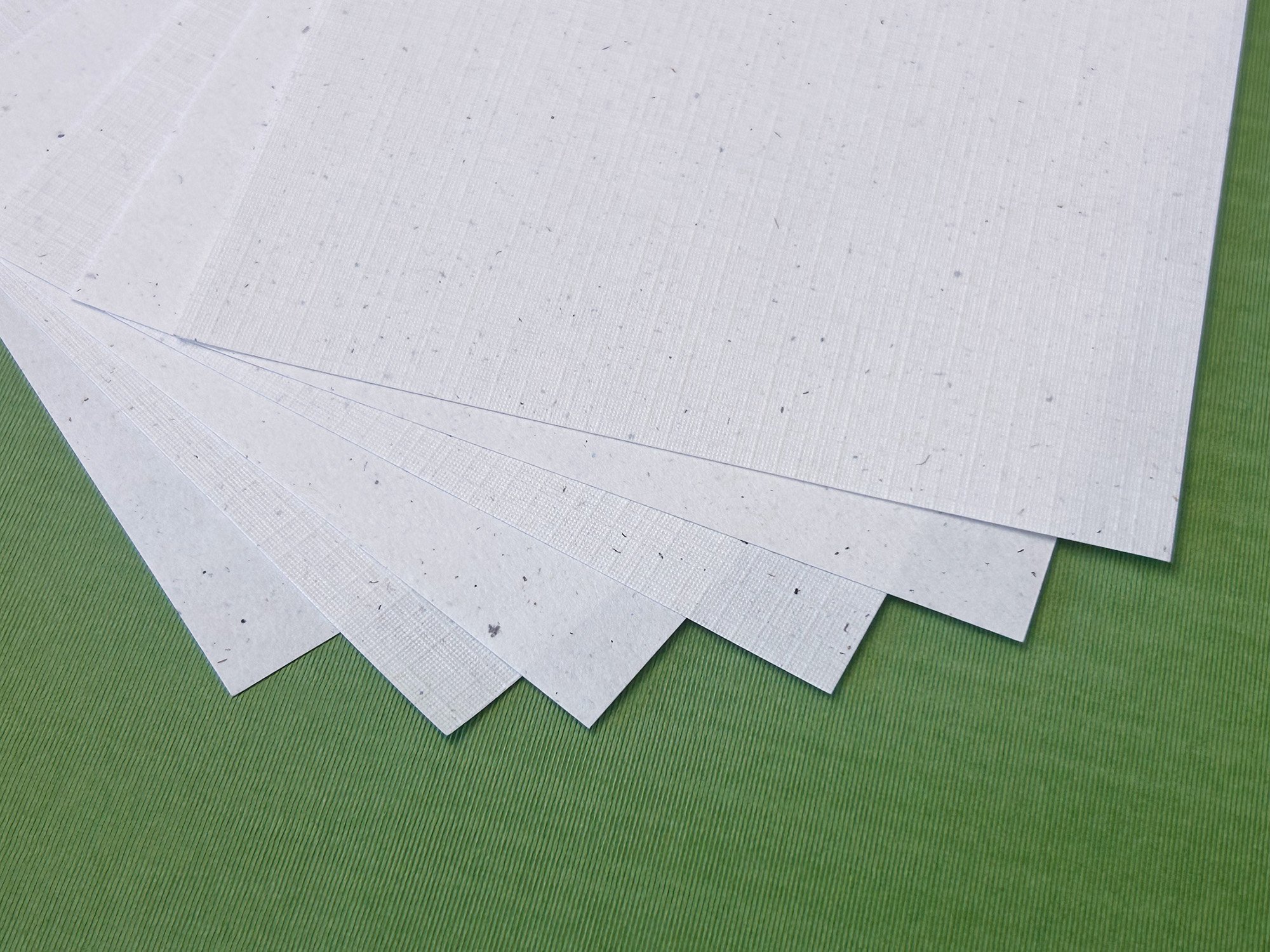The Hype Around Hemp
At A&H Worldwide, we are passionate about providing our customers with the most cutting-edge, environmentally responsible packaging materials available on the market. That's why we're excited to introduce recycled hemp paper to our offerings!
So, what’s the hype around hemp?
Hemp is one of the most sustainable raw materials in the world due to its incredible renewability, versatility, and durability. Did you know that hemp fibers were used to create the world's first paper in China around 150 BCE? It was used to record writings and artwork and even fashioned into wrappings for valuable items. Its unmatched practical benefits made it the primary source of paper-making for over 2000 years.
Green From Start to Finish
From cultivation to its final disposal in your recycling bin, hemp fiber paper has a positive environmental impact throughout its entire life cycle.
Hemp serves as a natural cover crop that inhibits the growth of unwanted weeds within its territory and promotes the production of nutrient-rich soil without the need for harmful chemicals such as pesticides or herbicides. This fast-growing crop reaches full maturity in merely four months, whereas trees can take up to twenty years before they are ready to be used for paper production. This makes hemp a notably more renewable resource than wood pulp. Additionally, a single acre of hemp can produce as much paper as four to ten acres of trees! The growing utilization of hemp paper within the printing and packaging industries is a significant development in the ongoing struggle to combat deforestation.
In order to transform these raw materials into paper, processing is necessary. Hemp fibers and wood pulp have varying compositions and properties, hence different techniques are applied to process them. Hemp paper production consumes less energy and requires fewer chemicals compared to traditional wood pulp paper production. This means that it results in considerably less air and water pollution, as the process generates less toxic waste.
Hemp Paper For Packaging
Not only is hemp paper a more environmentally responsible solution for product packaging, but it also offers many practical benefits that make it ideal for use in product packaging. One of the key advantages of hemp fiber paper is its superior tear resistance and tensile strength compared to conventional wood pulp paper. This makes it ideal for application on boxes and cards that will be handled in a retail space or shipped at great distances.
Hemp paper products are known to stand the test of time. Wood pulp paper reacts sensitively to environmental factors such as heat, moisture, and sunlight, making it prone to yellowing and deterioration over time. The cellulose-rich composition of hemp fibers creates a significantly more stable and durable paper that is much more resistant to these effects. Many historical books and documents, such as the 1455 Gutenberg Bible, were printed on hemp paper and have survived to this day!
Its exceptional structural durability also extends its post-consumer lifetime. While wood pulp papers can only be recycled three times, hemp fiber papers can be recycled up to seven times, reducing the demand for virgin materials and further minimizing environmental impact.
Our Capabilities
luxury white kraft hemp paper boasts a natural speckled appearance and a soft tactile feel. Made with 100% post-consumer waste and infused with 10% hemp fibers, it embodies sustainability without compromise. With over 50 embossing patterns available, you can fully customize your packaging to suit your brand image. Furthermore, this paper can be hot stamped and printed, allowing you to add your logo or custom artwork effortlessly.
While Hemp paper may come at a slightly higher cost compared to traditional wood pulp paper, its positive impact on the environment to its unmatched durability make it a great option for brands seeking to reduce the environmental impact of their product packaging at every step of the supply chain.
For more information on our recycled hemp paper and other sustainable packaging solutions, contact us today.
Ref:
TRVST 2023
Ecological Fibers



